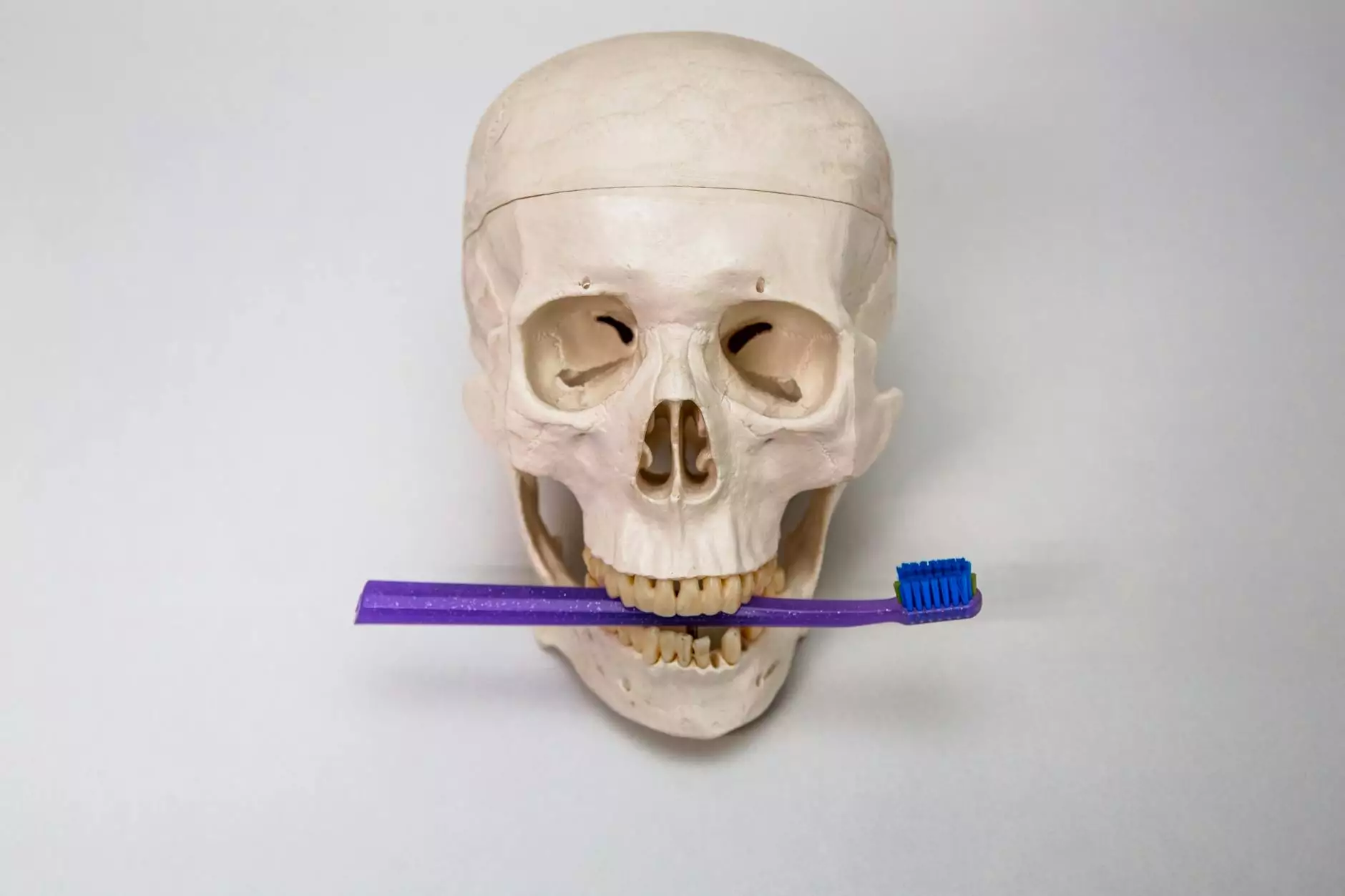Restless Leg Syndrome Symptoms: A Comprehensive Guide

Welcome to Vein Center of Arizona, your trusted source for all your vascular medicine needs. In this article, we will delve into the world of restless leg syndrome (RLS) and provide you with the most comprehensive guide to its symptoms and possible treatment options. As leaders in the field of vascular medicine, our experienced doctors are dedicated to helping patients overcome RLS and its debilitating effects on their quality of life.
Understanding Restless Leg Syndrome
Restless leg syndrome, also known as Willis-Ekbom disease, is a neurological condition characterized by an irresistible urge to move the legs. This often occurs when resting or lying down, primarily during the evening or nighttime hours. RLS can significantly disrupt sleep patterns and lead to chronic sleep deprivation, affecting overall well-being and daily activities.
Common Symptoms of Restless Leg Syndrome
Recognizing the symptoms of RLS is crucial for early diagnosis and effective treatment. Here are some commonly reported symptoms:
- Uncomfortable Sensations: Individuals with RLS experience a range of uncomfortable sensations in their legs, including creeping, crawling, tingling, or burning sensations. These sensations are typically relieved temporarily by movement.
- Urge to Move: The hallmark symptom of RLS is the uncontrollable urge to move the legs. This urge is often accompanied by an unpleasant, restless feeling in the affected limbs.
- Nocturnal Disruption: RLS symptoms tend to worsen in the evening or at night, leading to difficulty falling asleep or staying asleep. These disruptions can cause fatigue and daytime sleepiness.
- Temporary Relief with Movement: The discomfort associated with RLS is temporarily alleviated by movement, such as walking or stretching. However, the relief is usually short-lived.
- Worsening Symptoms at Rest: The symptoms typically worsen during periods of inactivity or relaxation, making it challenging for individuals with RLS to sit still for prolonged periods.
The Impact of Restless Leg Syndrome
Living with restless leg syndrome can be incredibly challenging and disruptive to one's life. The condition often leads to chronic sleep deprivation, which can affect both physical and mental health. The persistent urge to move one's legs can cause restlessness, anxiety, and frustration, further impacting overall well-being.
Additionally, RLS can significantly interfere with daily activities. Sitting through meetings, traveling, and engaging in sedentary tasks become difficult, as the symptoms intensify when the legs are at rest.
Causes and Risk Factors
The exact causes of restless leg syndrome are still being researched; however, several factors are believed to contribute to its development:
- Family History: RLS can be hereditary, with a tendency to run in families.
- Iron Deficiency: Insufficient iron levels in the brain may disrupt normal dopamine function, leading to RLS symptoms.
- Chronic Diseases: Certain medical conditions, such as kidney failure, diabetes, and peripheral neuropathy, are associated with a higher risk of developing RLS.
- Pregnancy: Women may experience RLS during pregnancy, particularly in the third trimester. However, symptoms usually subside or improve after giving birth.
- Medications and Substances: Some medications and substances, including antidepressants, antipsychotics, and caffeine, may worsen RLS symptoms.
Treatment Options for Restless Leg Syndrome
At Vein Center of Arizona, our skilled doctors specialize in the treatment of RLS. We offer a range of personalized approaches to managing this condition, tailored to each patient's unique needs. Treatment options may include:
- Lifestyle Modifications: Our doctors will work closely with you to identify lifestyle changes that can help alleviate RLS symptoms. This may include regular exercise, avoiding triggers like caffeine and nicotine, and practicing stress reduction techniques.
- Medications: In some cases, medication therapy may be recommended to manage RLS symptoms. Our experienced doctors will prescribe appropriate medications to help reduce discomfort and improve sleep quality.
- Medical Procedures: For severe cases of RLS that do not respond to conservative treatments, our doctors may suggest medical procedures, such as nerve block injections, to provide relief and restore quality of life.
- Comprehensive Care: We believe in providing holistic care to our patients. Our team includes specialists in nutrition, physical therapy, and other relevant fields, who work together to create a comprehensive treatment plan.
Reach Out to Vein Center of Arizona for RLS Treatment
If you or a loved one is experiencing restless leg syndrome symptoms, don't let this condition continue to impact your life negatively. Our expert doctors at Vein Center of Arizona have extensive experience in diagnosing and treating RLS, helping patients achieve better sleep and improved quality of life.
Contact us today to schedule a consultation and take the first step towards effective RLS management. Say goodbye to restless leg syndrome and hello to a better, more restful sleep!










